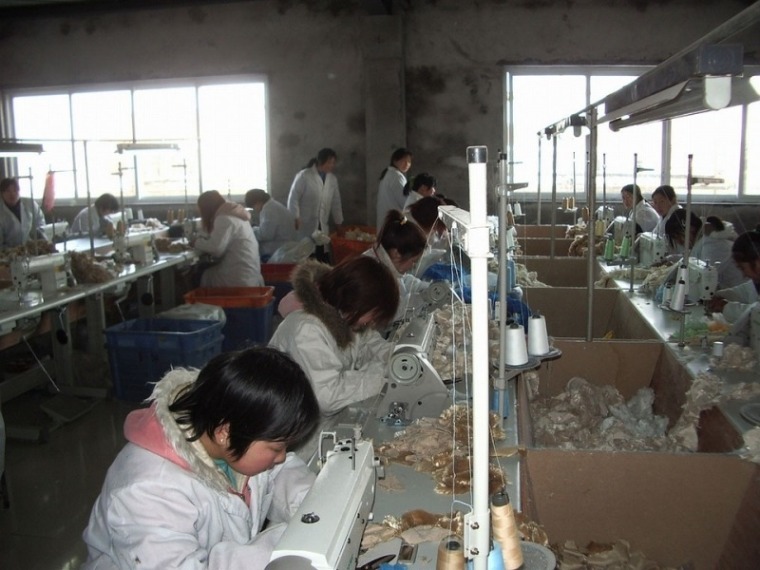
COVID-19 has impacted many industries and the clothing industry is just one of them.
Yet as an industry that greatly impacts its vulnerable workers and the environment in extraordinarily negative ways, it is an industry that simply cannot be ignored.
While the fall-out from COVID-19 is massive for retailers; what does it mean for the garment workers?
What is happening to our brothers and sisters in developing countries who make a large percentage of the clothing that is sold here in Australia; in the very shops we buy from?
Places like Bangladesh.
The Asia Foundation states, “Bangladesh is now one of the world’s leading clothing exporters, second only to China, and the garment industry employs 3.6 million workers…”
Many of these workers are on below living wages and are faced with poor working conditions.
Clean Clothes Campaign
The Clean Clothes Campaign is, ‘dedicated to improving working conditions and empowering workers in the global garment and sportswear industries.’
They are currently gaining greater attention as they are focusing on the effects COVID-19 is having on the garment workers in supply chains.
They state
“When the pandemic hit Europe and the US and more and more stores were closed, brands and retailers responded as they usually do by pushing the risk down the supply chain. They did this by cancelling all orders placed before the crisis-some of which were already ready to be shipped. This meant that factories, which fronted the costs for fabric and labour, were often left without the money to pay their workers.”
After public outcry, many brands have committed to paying orders, however many have not.
This is obviously having a detrimental effect to the garment workers in developing countries.
Speak up for the voiceless
Speak up for those who cannot speak for themselves; ensure justice for those being crushed. Yes, speak up for the poor and helpless, and see that they get justice.
(Proverbs 31 verses 8-10)
When a person is slaving over and working in a dangerous environment while making the clothes hanging in my wardrobe, my clothes quickly lose their appeal. When I walk past a rack of sale items at $5, I no longer think, ‘what a bargain’. But rather, ‘who has paid the price for this?’
The clothing industry has created many problems for a long time, particularly since the rise of fast fashion. Since 2000, clothing production has roughly doubled yet while people buy more garments, they only keep them for half as long (businessinsider.com). This then leads to increased pollution, landfill issues and horrifying working conditions for garment workers in developing nations.
There has been growing interest in a more ethical and sustainable approach to fashion, particularly since the Dhaka garment factory collapse (Rana Plaza) in 2013 which saw at least 1,132 lives lost and more than 2,500 injured (International Labour Organization.com).
While it is easy to blame the ‘evil’ corporations, it can be a little more difficult or confronting to take personal responsibility.
Hope for the Future- working towards a ‘fairer future
The individual really has so much power as every single purchase is deciding what kind of future there will be and what kind of lives people will lead.
Change really does start with us.
This is not about condemnation or judgement. Rather, this is about asking ourselves how can we create a fairer and safer life for those marginalised members of society through the purchases we make?
Am I moving towards conscious consumerism rather than mindless or emotion-driven spending?
These may be some tough questions to ask and find solutions to but necessary if we are going to see a positive change in the industry and to the lives of the most vulnerable people in the supply chains.

Jo Fuller lives on the beautiful Sunshine Coast with her husband, son and daughter. Jo is a teacher with an education in journalism and early childhood who loves to spend time with her family and enjoys reading and writing whenever she can.